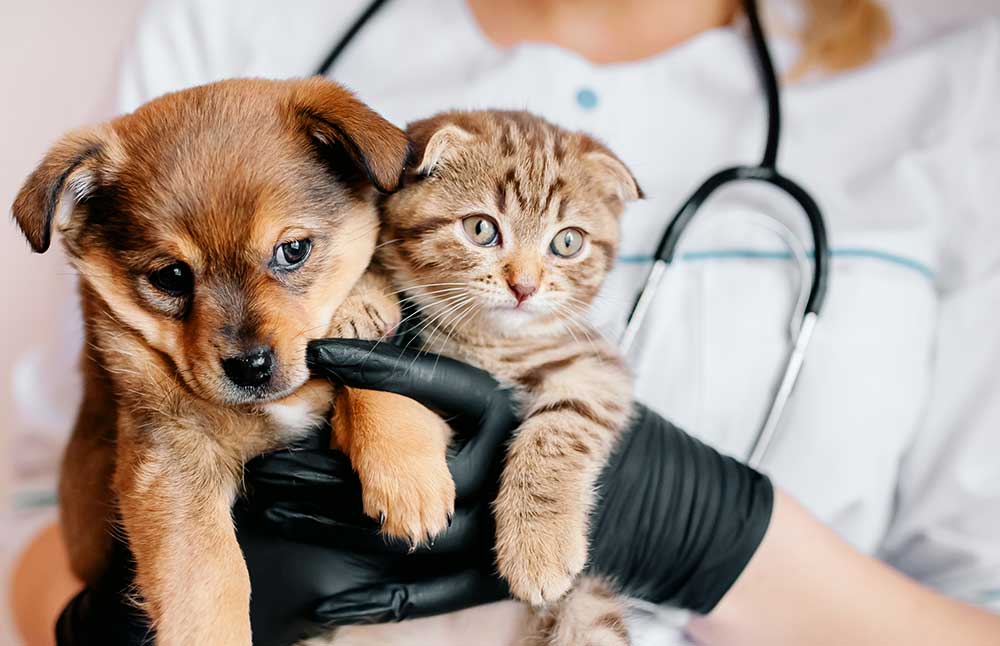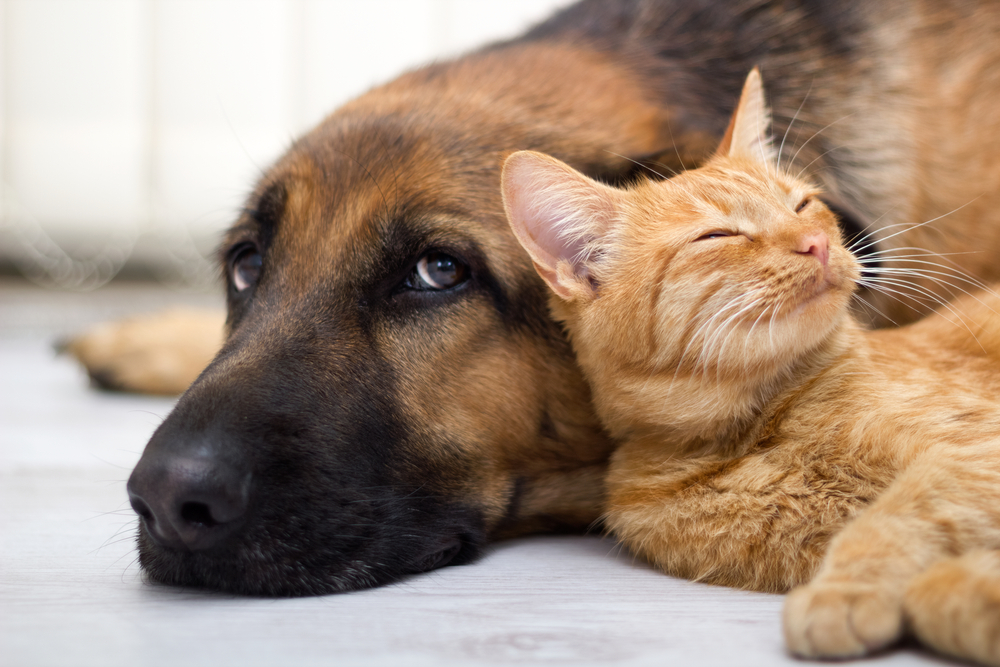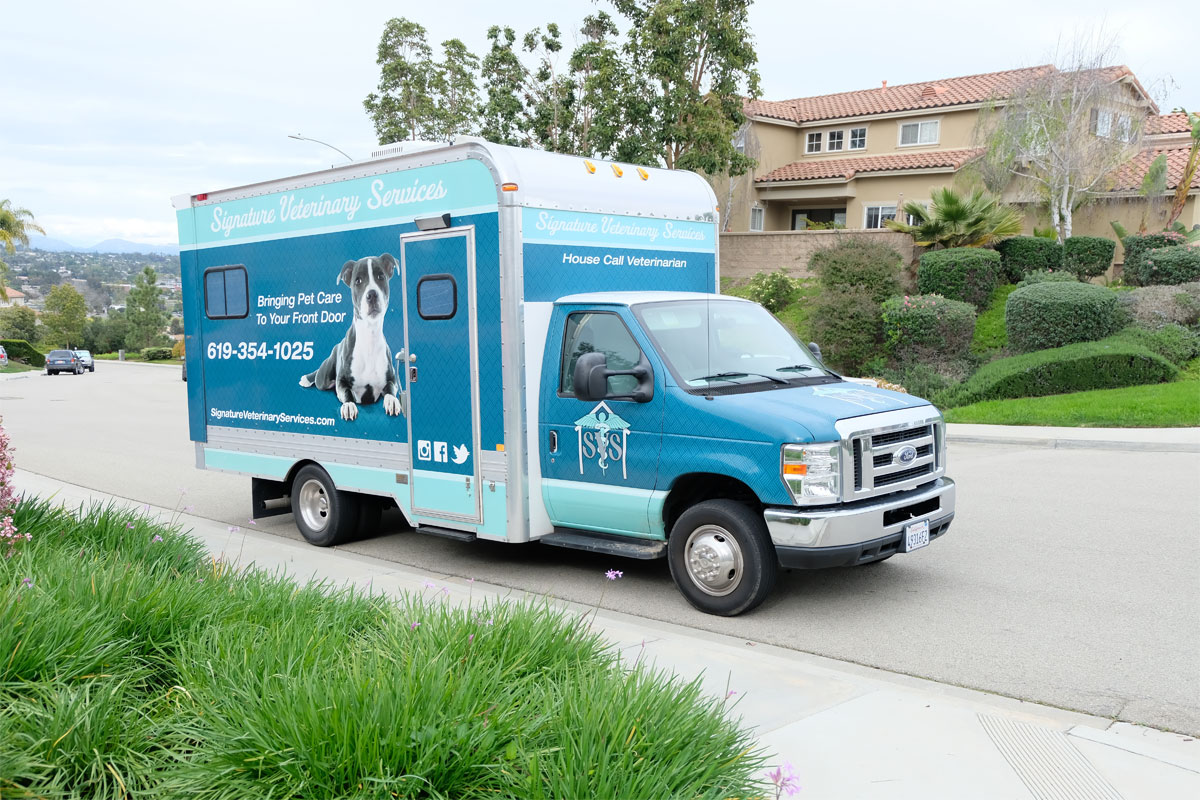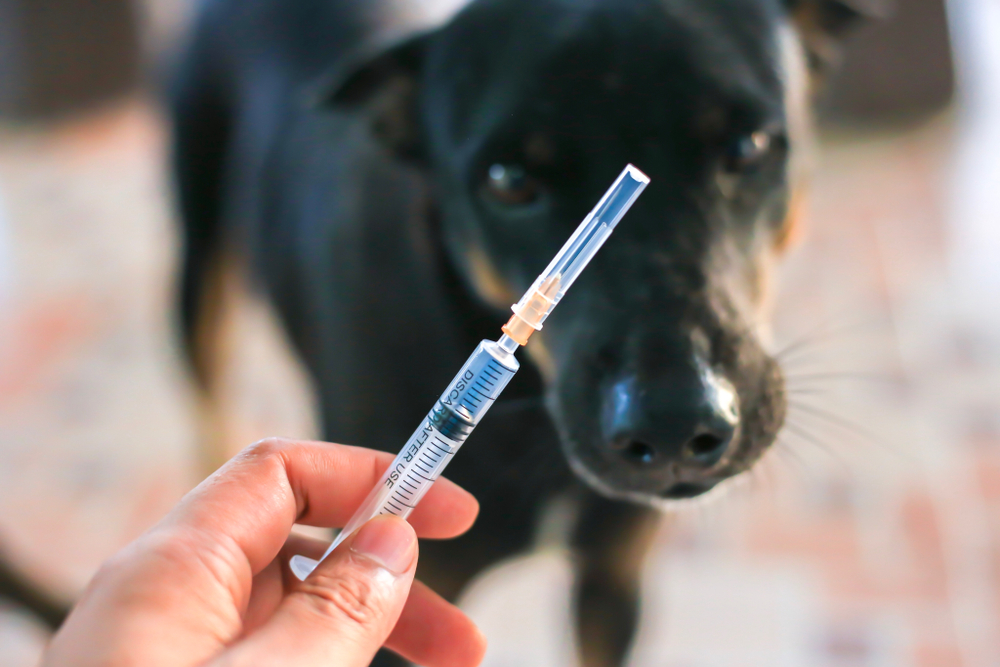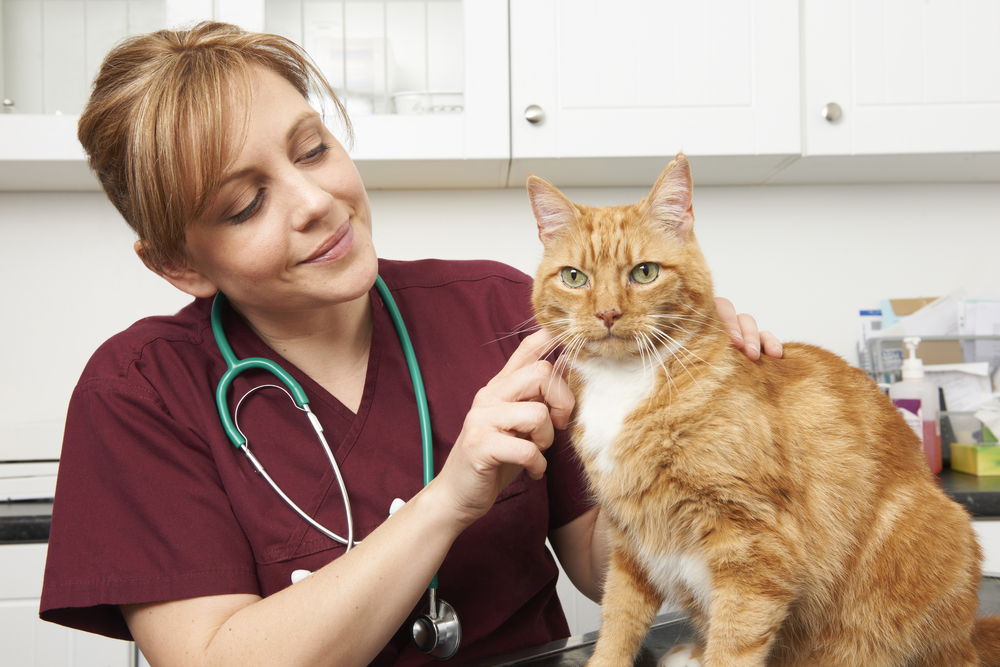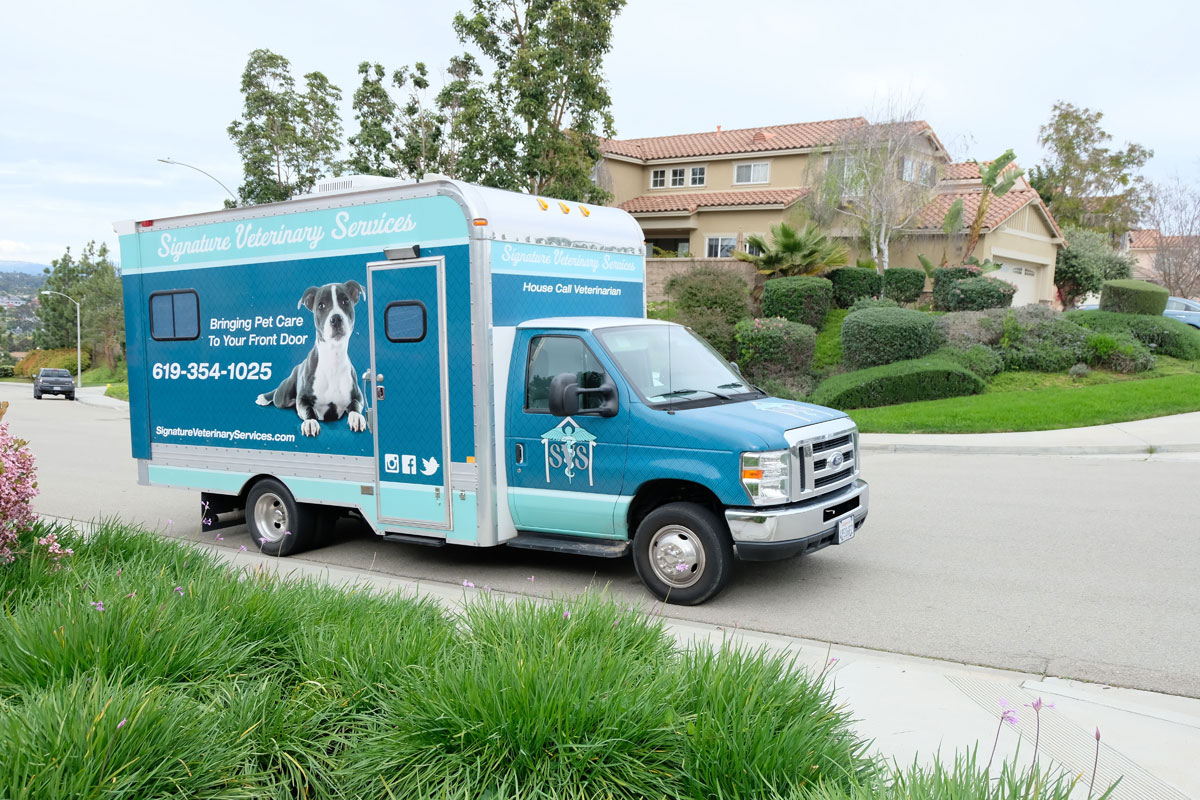
Heartworm Disease: Everything You Need to Know
April is Heartworm Awareness Month. Since April also marks the beginning of mosquito season in California and is quickly approaching, this seemed like the perfect time for us to help you make sure your pets (dogs especially) are adequately protected.
What Are Heartworms?
Heartworms are a type of parasitic roundworm that most commonly infects dogs, but can also affect cats. Heartworm larvae are delivered through the bite of an infected mosquito. These larvae then travel through a pet’s bloodstream until they reach the heart and lungs where they will mature and grow.
Heartworm Disease in Dogs
Dogs are the most common host for heartworms, which means the parasites thrive inside a dog’s body, mature, and reproduce. As many as several hundred heartworms can live inside a dog’s body. Left untreated, the parasite’s numbers will only increase, damaging the dog’s heart, arteries, and lungs.
Symptoms include:
- Cough
- Fatigue
- Reduced appetite
- Weight Loss
Unaddressed, heartworm disease eventually leads to heart failure and death.


Heartworm Disease in Cats
Cats are atypical hosts for heartworms, which means the parasites don’t thrive as successfully in cats as they do in dogs. However, cats can still get heartworms that can damage their bodies. Although most heartworms don’t survive while a cat matures, a few can remain that lead to the condition called heartworm associated respiratory disease (HARD).


Symptoms of heartworms in cats include:
- Cough
- Asthma-like illness
- Vomiting
- Reduced Appetite
- Weight loss
Additionally, heartworms in cats can move to other parts of the body like a cat’s eyes or brain where they will cause great damage.
Why Heartworm Prevention Is So Important
Heartworm disease often proves fatal for dogs and, if not fatal, it can cause serious illness in cats. While there is a treatment for dogs with heartworms, it has a low success rate. There is no treatment available for cats who have heartworms.
Annual Testing and Heartworm Preventatives for Dogs and Cats
We always emphasize the importance of preventing cats and dogs from getting heartworms in the first place and encourage our clients to be vigilant about administering their pet’s heartworm preventative. Heartworm preventatives come in monthly pill-form and injectable-form (like a vaccination given every six months).
Prior to administering a heartworm preventative, however, it’s imperative to screen a dog for existing heartworms. Administering a heartworm preventative to a dog that is already a carrier of heartworms can be fatal.


Schedule Your Pet's Heartworm Prevention Appointment Before April
To ensure your pet is protected this mosquito season, schedule a heartworm prevention appointment with Signature Veterinary Services before April. Our mobile veterinary clinic will come to you to test your pet for heartworm disease and provide you with the best preventative available.







